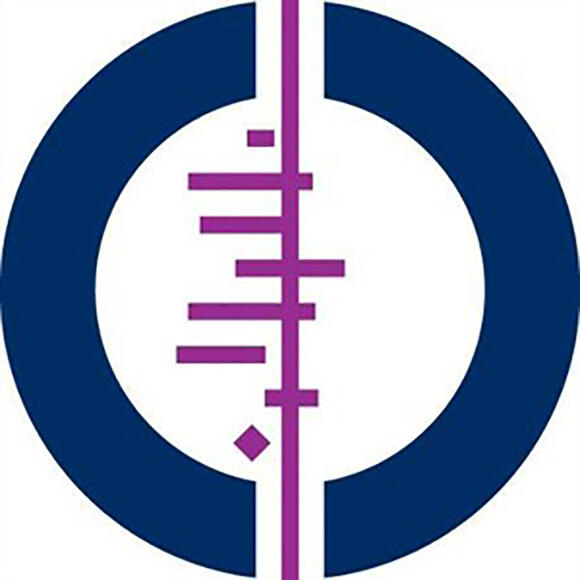
LSTM’s Seminar Series continued this week with a talk from LSTM’s Professor Paul Garner, Co-ordinating Editor of the Cochrane Infectious Diseases Group and Director of the Effective Health Care Research Consortium. His talk was entitled: Evidence Synthesis for Global Health: Ensuring Sound Policies and Investment.
Professor Garner began by providing some history of the Cochrane Collaboration, which was set up in 1994 with a remit to systematically identify, summarise and appraise all reliable research about the effects of health care. Set up by Iain Chalmers, a charismatic and powerful leader, he explained how different it was at the time: someone in academia talking about collaboration, building on the enthusiasm of the individual, not the experts, and avoiding academic groups duplicating the same work. It was also revolutionary at the time because systematic reviews were not well accepted; electronic publication was in it is infancy; and Cochrane were the first group-and probably remain so-that update their publications as new evidence emerges.
He demonstrated how attitudes towards systematic reviews had changed since the formation of Cochrane, with initial views seeing the practice as threatening “clinical freedom”. The reviews were described by some as “misguided nonsense”. But now the undisputed logic of summarising all available research is established to inform policy, clinical decision and research priorities. It’s gone higher than the health sector now, with the recent Public Accounts Committee auditing the writing off of £74 million of the Department of Health’s spending on Tamiflu stockpile: government found out that evidence of its effect was unclear because the company manufacturing the drug withheld trial data from the public and researchers, thus skewing the global evidence base. This practice has been going on for years in both the commercial and academic sector, and has led Ben Goldacre and Sense about Science, along with others to set up the All Trials initiative, pushing for results of all trials to be published.
Professor Garner sited a number of examples where reviews carried out by the Cochrane Infectious Diseases group have proved the effectiveness of some interventions, through protocol driven reviews using Cochrane methods for synthesis at a high level of quality and rigor-as any scientific process should adhere to. This has included the effectiveness of impregnated mosquito nets reducing the death of children from malaria, artemisinin-based combinations treatments for malaria compared to monotherapy leads to 73% fewer treatment failures and that the use of artesunate rather than quinine for severe malaria results in 40% fewer deaths in adults and 25% fewer in children.
He was keen to point out however, that when Cochrane reviews find that claims of a benefit are exaggerated and provide evidence for disinvestment that they are less popular. Professor Garner used the example of the reviews based around the review into whether deworming improves children’s health, performance at school and contributes to economic development. The Copenhagen statement from a committee of 13 Nobel Prize winners recommended deworming as the most cost effective way to improve health by spending £75 million to advance global welfare, but they only looked at one study. The Cochrane review included 42 studies, including data from trials that had never been published, and concluded that the benefits had been exaggerated. In fact, the reanalysis of the one study used by the Nobel Prize winners has recently been re-analysed by the London School of Hygiene and Tropical Medicine and they have found “major, moderate and minor errors” that substantially question the inferences made by the Nobel Prize winners from this study.
Professor Garner spoke briefly using systematic reviews to look at laboratory animal studies before concluding that independently conducted systematic reviews that are periodically updated improve policy and research quality, reduce omissions and errors that distort the truth and enable the research industry to be more transparent and accountable to the public.